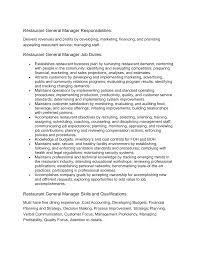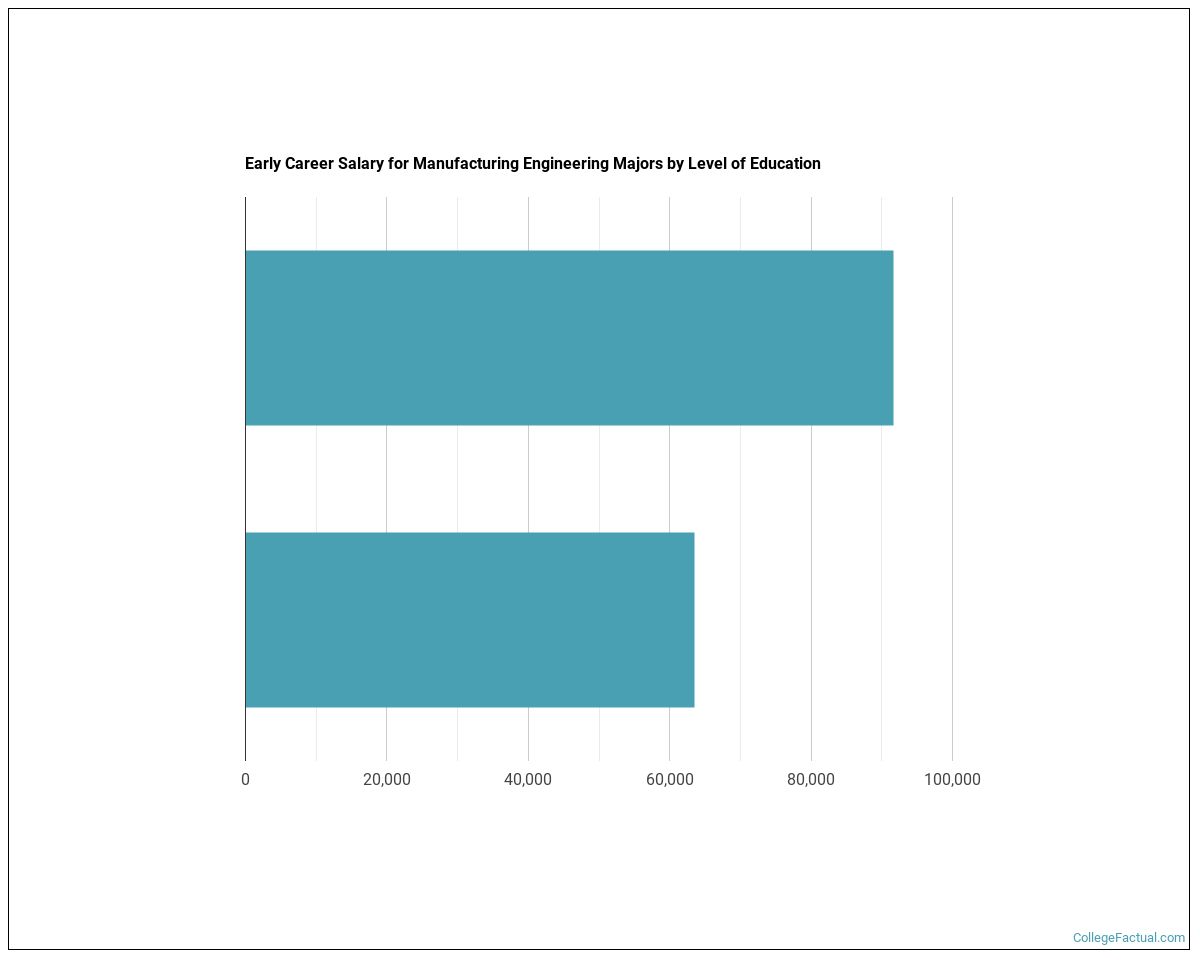
Are you looking for New Jersey logistics jobs? These jobs can be done in many settings and require different skills. But a bachelor's is recommended. If you want to get a job as a logistics manager, you will need to have the following qualifications. These skills include the ability of working independently and being able to problem-solve. It is important to have a positive attitude, be a problem-solver and possess a positive mindset.
A bachelor's degree in engineering is required
A Bachelor's Degree from an accredited university is required, along with 4+ years experience and demonstrated organizational and time-management abilities, to be eligible for logistics jobs in New Jersey. You must also have strong communication skills and an excellent command of English. You should also be able to analyze data and have proven leadership skills.

You will need a bachelor's degree in logistics to be eligible for many of the positions. You can make a lot if you apply your skills to other industries, even though most of the jobs in this field require middle-skill. New Jersey has many middle-skill jobs that need workers with specialized training. NJCU's Center for Workforce and Community Development can offer one of these middle skills programs.
Some employers will take a work experience as a logistics professional over a college diploma. You can be more marketable with prior experience and improve your chances of getting hired. With a bachelor's level in logistics, you could be hired as a customer representative or freight agent. With experience and advanced credentials, higher-level positions in logistics will open up, such as in management. Furthermore, you could also pursue postsecondary education in logistics like teaching or research.
a bachelor's degree is preferred
Some logistics positions require a bachelor’s education. Bachelor’s degrees in related fields are often preferred. Because they can handle complex supply chains, and understand transportation laws, most employers prefer applicants who hold a bachelor’s degree. Additionally, students who have completed a bachelor’s degree in logistics are able to gain a broad perspective on the field, which will help them expand their professional networks. One entry-level job in logistics could be as a dispatcher or customer service representative. With advanced training and credentials, management positions may open up. You may also be interested in consulting, research, teaching or postsecondary teaching as options for higher-level logistic positions.
Most employers prefer a bachelor's in logistics. However, an associate's may be acceptable. Sometimes, work experience can be substituted for education in certain situations. Certifications in industry-specific fields such as data analysis, warehouse management, or supply chain management are also helpful for job seekers. A bachelor's degree in logistics is preferred in New Jersey. A bachelor's program in logistics will allow you to gain the insight necessary to understand the workings of a supply-chain. Many companies require a bachelor's degree, particularly if they handle large-scale transactions.

An Industrial Engineer career requires a bachelor's Degree and some experience in manufacturing or in industrial facilities. Moreover, you must have knowledge of municipal coding rules and must be able to effectively communicate with employees. An Industrial Engineer should have a minimum of six years experience in the same industry as the one you are applying for.
FAQ
What are manufacturing and logistics?
Manufacturing is the production of goods using raw materials. Logistics manages all aspects of the supply chain, including procurement, production planning and distribution, inventory control, transportation, customer service, and transport. Manufacturing and logistics are often considered together as a broader term that encompasses both the process of creating products and delivering them to customers.
What does it take for a logistics enterprise to succeed?
A successful logistics business requires a lot more than just knowledge. Good communication skills are essential to effectively communicate with your suppliers and clients. You will need to know how to interpret data and draw conclusions. You must be able manage stress and pressure under pressure. To increase efficiency and creativity, you need to be creative. Strong leadership qualities are essential to motivate your team and help them achieve their organizational goals.
It is also important to be efficient and well organized in order meet deadlines.
Can we automate some parts of manufacturing?
Yes! Yes! Automation has existed since ancient times. The Egyptians discovered the wheel thousands and years ago. To help us build assembly lines, we now have robots.
There are many uses of robotics today in manufacturing. These include:
-
Assembly line robots
-
Robot welding
-
Robot painting
-
Robotics inspection
-
Robots that make products
There are many other examples of how manufacturing could benefit from automation. 3D printing is a way to make custom products quickly and without waiting weeks or months for them to be manufactured.
What is the job of a production plan?
Production planners ensure all aspects of the project are delivered within time and budget. They ensure that the product or service is of high quality and meets client requirements.
What types of jobs can you find in logistics
There are many jobs available in logistics. Some examples are:
-
Warehouse workers – They load, unload and transport pallets and trucks.
-
Transport drivers - These are people who drive trucks and trailers to transport goods or perform pick-ups.
-
Freight handlers - They sort and pack freight in warehouses.
-
Inventory managers: They are responsible for the inventory and management of warehouses.
-
Sales reps - They sell products and services to customers.
-
Logistics coordinators: They plan and manage logistics operations.
-
Purchasing agents are those who purchase goods and services for the company.
-
Customer service representatives - Answer calls and email from customers.
-
Shipping clerks – They process shipping orders, and issue bills.
-
Order fillers - They fill orders based on what is ordered and shipped.
-
Quality control inspectors (QCI) - They inspect all incoming and departing products for potential defects.
-
Other - Logistics has many other job opportunities, including transportation supervisors, logistics specialists, and cargo specialists.
Statistics
- Many factories witnessed a 30% increase in output due to the shift to electric motors. (en.wikipedia.org)
- In 2021, an estimated 12.1 million Americans work in the manufacturing sector.6 (investopedia.com)
- (2:04) MTO is a production technique wherein products are customized according to customer specifications, and production only starts after an order is received. (oracle.com)
- You can multiply the result by 100 to get the total percent of monthly overhead. (investopedia.com)
- It's estimated that 10.8% of the U.S. GDP in 2020 was contributed to manufacturing. (investopedia.com)
External Links
How To
How to use Lean Manufacturing in the production of goods
Lean manufacturing is a management system that aims at increasing efficiency and reducing waste. It was first developed in Japan in the 1970s/80s by Taiichi Ahno, who was awarded the Toyota Production System (TPS), award from KanjiToyoda, the founder of TPS. Michael L. Watkins published the original book on lean manufacturing, "The Machine That Changed the World," in 1990.
Lean manufacturing can be described as a set or principles that are used to improve quality, speed and cost of products or services. It is about eliminating defects and waste from all stages of the value stream. Lean manufacturing is called just-in-time (JIT), zero defect, total productive maintenance (TPM), or 5S. Lean manufacturing emphasizes reducing non-value-added activities like inspection, rework and waiting.
In addition to improving product quality and reducing costs, lean manufacturing helps companies achieve their goals faster and reduces employee turnover. Lean Manufacturing is one of the most efficient ways to manage the entire value chains, including suppliers and customers as well distributors and retailers. Many industries worldwide use lean manufacturing. Toyota's philosophy is a great example of this. It has helped to create success in automobiles as well electronics, appliances and healthcare.
Five principles are the basis of lean manufacturing:
-
Define Value - Determine the value that your business brings to society. Also, identify what sets you apart from your competitors.
-
Reduce Waste - Eliminate any activity that doesn't add value along the supply chain.
-
Create Flow. Ensure that your work is uninterrupted and flows seamlessly.
-
Standardize and simplify – Make processes as repeatable and consistent as possible.
-
Build Relationships - Establish personal relationships with both internal and external stakeholders.
Lean manufacturing is not a new concept, but it has been gaining popularity over the last few years due to a renewed interest in the economy following the global financial crisis of 2008. To increase their competitiveness, many businesses have turned to lean manufacturing. Economists think that lean manufacturing is a crucial factor in economic recovery.
With many benefits, lean manufacturing is becoming more common in the automotive industry. These include improved customer satisfaction, reduced inventory levels, lower operating costs, increased productivity, and better overall safety.
Any aspect of an enterprise can benefit from Lean manufacturing. Because it makes sure that all value chains are efficient and effectively managed, Lean Manufacturing is particularly helpful for organizations.
There are three main types:
-
Just-in-Time Manufacturing: Also known as "pull systems", this type of lean manufacturing uses just-in-time manufacturing (JIT). JIT stands for a system where components are assembled on the spot rather than being made in advance. This method reduces lead times, increases availability, and decreases inventory.
-
Zero Defects Manufacturing: ZDM ensures that no defective units leave the manufacturing plant. Repairing a part that is damaged during assembly should be done, not scrapping. This is also true for finished products that require minor repairs before shipping.
-
Continuous Improvement (CI),: Continuous improvement aims improve the efficiency and effectiveness of operations by continuously identifying issues and making changes to reduce waste. Continuous Improvement involves continuous improvement of processes.